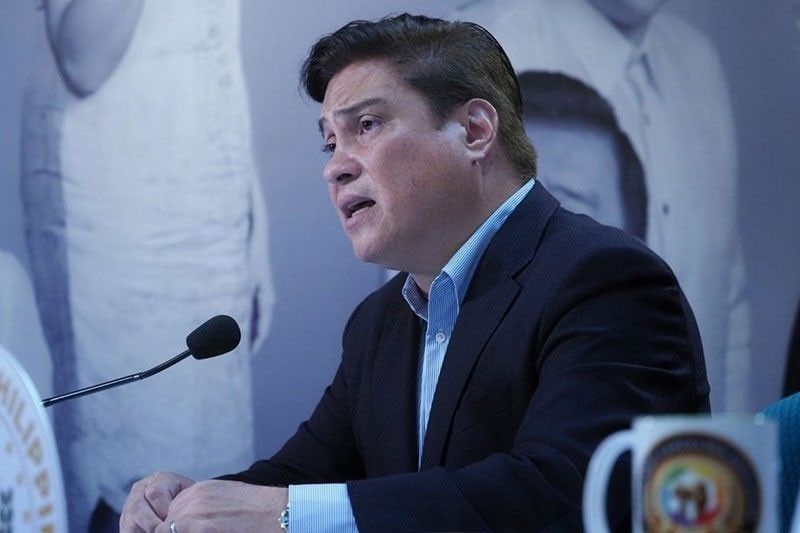Tourism, energy investments to boost Philippines competitiveness’

MANILA, Philippines — The government must partner with the private sector to build the necessary infrastructure for key and rising tourism areas, particularly in terms of developing energy generation, transmission and distribution facilities, according to a lawmaker.
Sen. Miguel Zubiri said the Philippines’ tourism sector would greatly benefit from private sector investments in infrastructure and public services, enabling the country to capture a larger share of foreign tourists flocking to Southeast Asia.
“We beat the beaches and the views of our neighbors here in Southeast Asia,” Zubiri said. “But they beat us in airports, power supply, public transport and connectivity. That’s why we are still left behind, even though it’s better here in the Philippines.”
Zubiri, who chairs the Senate committee on economic affairs, presided over the hearing on Senate Resolution 1121 or the inquiry into the economic impact of poor and inadequate infrastructure, frequent power outages and insufficient water supply on the tourism sector.
Zubiri said the Philippines welcomed only 5.4 million foreign visitors in 2023 while Thailand had the best tourism economy in Southeast Asia, receiving 28 million foreign arrivals. Malaysia followed with 20 million, Singapore with 13.6 million, Vietnam with 12.6 million, Indonesia with 11.7 million and Cambodia 5.5 million.
“Tourism is the low-lying fruit that can help us increase our gross domestic product growth once we get our acts together,” the former Senate president said. “The market is there, the natural resources are there. We have to invest in our tourism infrastructure.”
In his conversations with regional stakeholders, Zubiri said the cost and power supply emerged as a common deterrent to tourism development, especially for off-grid island destinations.
“We were able to solve this power problem for Boracay, and we need to do it for other tourist areas as well,” he said. “We can consider renewable energy a more sustainable, reliable, and cost-effective solution.”
On top of infrastructure and power supply inefficiencies, Zubiri said the lack of direct international flights to tourist destinations inhibits potential tourists from visiting the Philippines, pushing them to more easily accessible destinations in the region instead.
In response to problems plaguing the tourism sector, Zubiri is pushing for the formation of a tourism Cabinet cluster that will oversee inter-agency efforts to improve infrastructure and public services in the industry.
According to Zubiri, the government must partner with the private sector to build the necessary infrastructure for key and rising tourism areas, particularly in developing energy generation, transmission and distribution facilities.
“No investors will come to our tourist destinations if the price of electricity is too high or if the power supply of the electric cooperatives cannot meet their power demand,” Zubiri said. “If they get in, the high power costs will fall on the tourists and residents themselves, and we don’t want that either.”
- Latest
- Trending



























